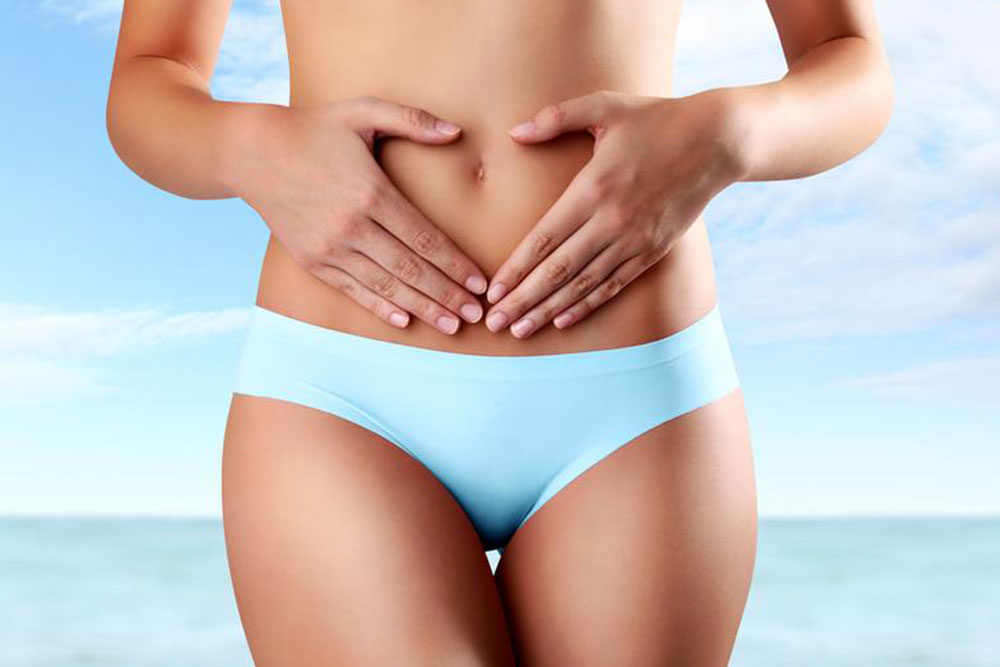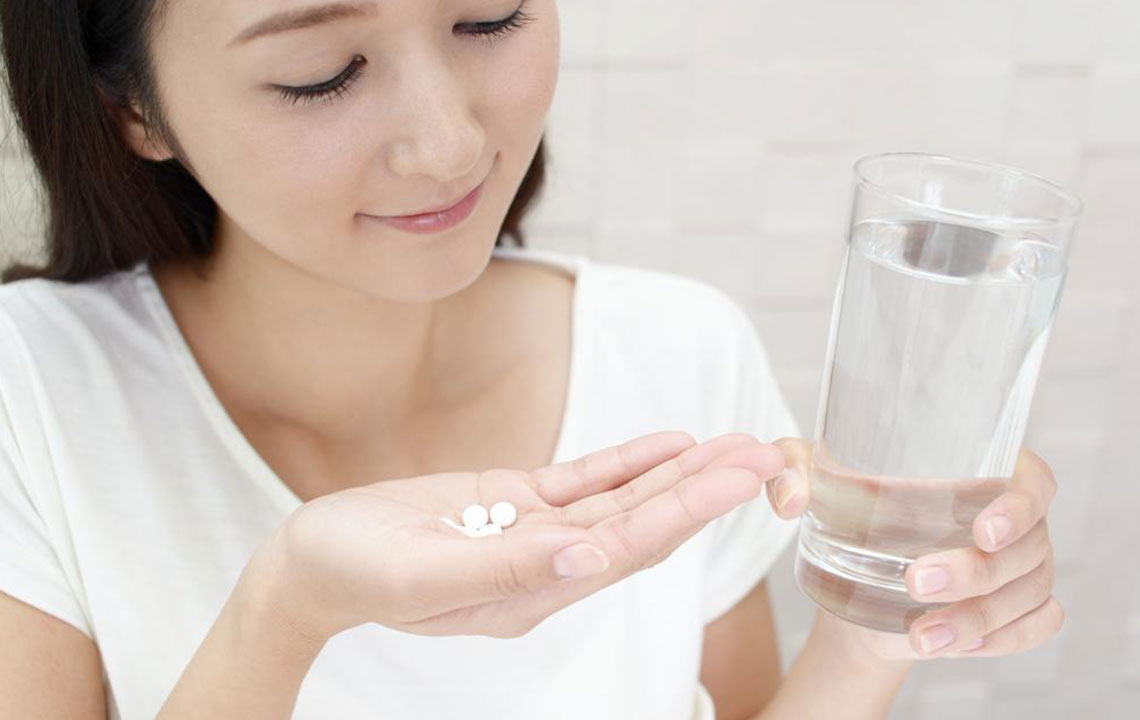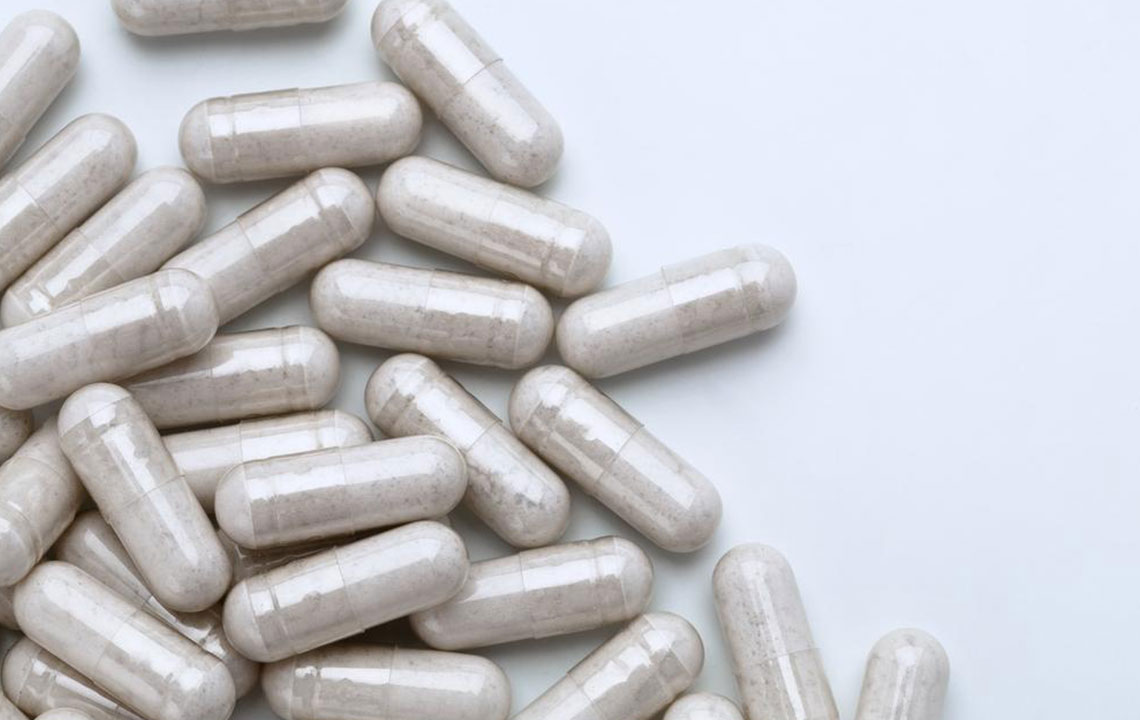A Guide to Vulvo Vaginal Health
Most people would not know the difference between vulva and vagina. To understand the basic difference between the two, here are a few facts:
- The most basic way to explain the difference is that vulva consists of all the female genitals on the opening of the vagina.
- The vagina refers to the tube-like structure or basically a canal which connects everything on the outside to the cervix.
Considering the above, vulvo vaginal health takes on primary significance.

In fact, several products that are available in the market can irritate your vaginal skin and cause vaginitis.
Possible Issues
Vulvar Infections : Vulvar infections or symptoms are quite common and in some cases, they may be chronic as well. Some of those problems are
- Itching in the vulvar region is quite common and can be embarrassing too. Further, constant itching can cause redness and lead to an increase in the infection.
- Chronic Discharge is another problem that needs to be addressed. While having a discharge is common, what makes it unusual is when the discharge is accompanied by an unusual smell and seems excessive.
- Painful sex: This pain, rawness or sensitivity can arise as a result of several associated problems which can be handled well by a professional such as a Vulvar Dermatologist.
Vaginal Infections: When bacteria or fungi grow in the vagina, infections can develop. There are several kinds of vaginitis such as Gonorrhea, yeast infections, bacterial vaginosis and so on. The symptoms for all or some of them are the same, however, what is challenging is to figure out what you are suffering from.
How to maintain your vulvo vaginal health
Vulvo vaginal health is a critical aspect of your overall well-being. Birth-control methods, general dryness, and several other everyday problems prompt us to use off-the-shelf products which actually lead to further problems. So, what are somethings you can learn about your general vulvo vaginal health?
- You must avoid using a douche, as you will upset the natural PH balance that already exists. Talk to a doctor before beginning to use one.
- Avoid tight underclothes such as thongs. Use a cotton underwear.
- Avoid using feminine hygiene products as much as possible as these can cause an irritation and aggravate an existing problem.
- Change your pad/tampon often while on your period. Also, you could use a peri-bottle to wash and remember to use lukewarm water
Disclaimer:
The content provided on our blog site traverses numerous categories, offering readers valuable and practical information. Readers can use the editorial team’s research and data to gain more insights into their topics of interest. However, they are requested not to treat the articles as conclusive. The website team cannot be held responsible for differences in data or inaccuracies found across other platforms. Please also note that the site might also miss out on various schemes and offers available that the readers may find more beneficial than the ones we cover.




